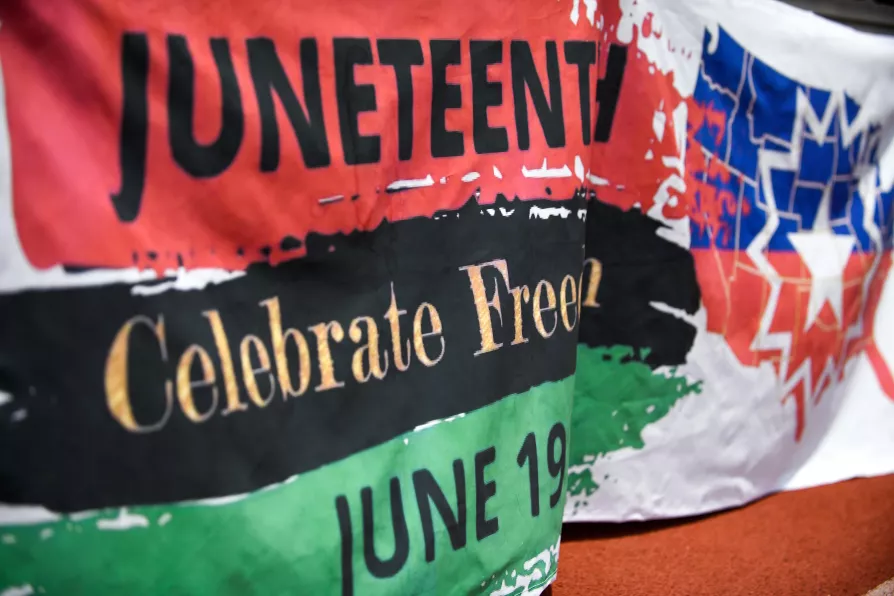The Carpathia isn’t coming to rescue this government still swimming in the mire, writes LINDA PENTZ GUNTER

 [USAG Humphries/Creative Commons]
[USAG Humphries/Creative Commons]
AS AMERICANS celebrate Juneteenth, it gives occasion to also reflect on the reasons and history of the celebration.
After the Northern US states defeated the slave-owning South in the US civil war, enslaved Africans in Galveston, Texas, were told by Major General Gordon Granger on June 19 1865, that they were now free.
This was some two-and-a-half years after president Abraham Lincoln issued the Emancipation Proclamation in 1863.

DAVID HORSLEY reminds us of the roots and staying power of one of the most iconic festivals around

On the anniversary of the implementation of the 1833 Slavery Abolition Act, ROGER McKENZIE warns that the legacy of black enslavement still looms in the Caribbean and beyond

SUE TURNER is appalled by the story of the only original colonising family to still own a plantation in the West Indies

BOB NEWLAND relishes a fascinating read as well as an invaluable piece of local research









